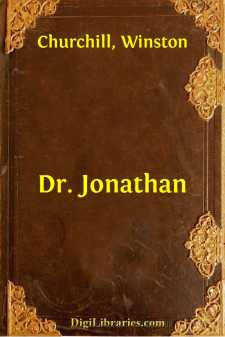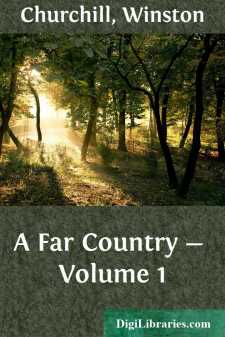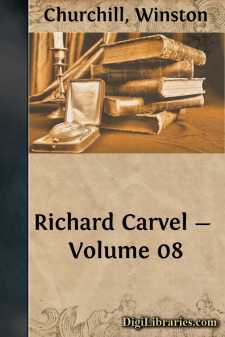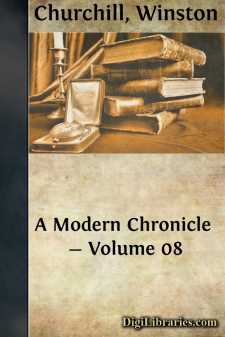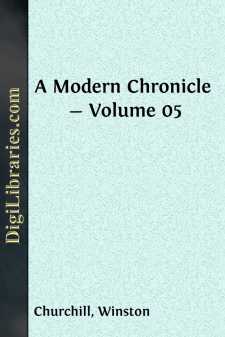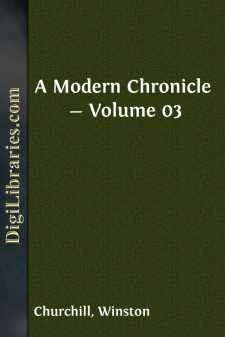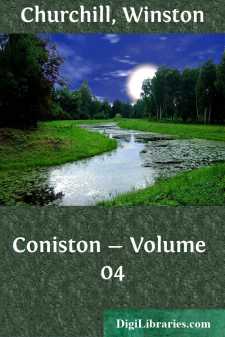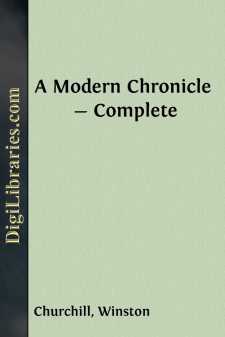Categories
- Antiques & Collectibles 13
- Architecture 36
- Art 48
- Bibles 22
- Biography & Autobiography 813
- Body, Mind & Spirit 142
- Business & Economics 28
- Children's Books 14
- Children's Fiction 11
- Computers 4
- Cooking 94
- Crafts & Hobbies 4
- Drama 346
- Education 46
- Family & Relationships 57
- Fiction 11829
- Games 19
- Gardening 17
- Health & Fitness 34
- History 1377
- House & Home 1
- Humor 147
- Juvenile Fiction 1873
- Juvenile Nonfiction 202
- Language Arts & Disciplines 88
- Law 16
- Literary Collections 686
- Literary Criticism 179
- Mathematics 13
- Medical 41
- Music 40
- Nature 179
- Non-Classifiable 1768
- Performing Arts 7
- Periodicals 1453
- Philosophy 64
- Photography 2
- Poetry 896
- Political Science 203
- Psychology 42
- Reference 154
- Religion 513
- Science 126
- Self-Help 84
- Social Science 81
- Sports & Recreation 34
- Study Aids 3
- Technology & Engineering 59
- Transportation 23
- Travel 463
- True Crime 29
Dr. Jonathan
Publisher:
DigiLibraries.com
ISBN:
N/A
Language:
English
Published:
1 year ago
Downloads:
14
*You are licensed to use downloaded books strictly for personal use. Duplication of the material is prohibited unless you have received explicit permission from the author or publisher. You may not plagiarize, redistribute, translate, host on other websites, or sell the downloaded content.
Description:
Excerpt
ACT I
SCENE: The library of ASHER PINDAR'S house in Foxon Falls, a New England
village of some three thousand souls, over the destinies of which
the Pindars for three generations have presided. It is a large,
dignified room, built early in the nineteenth century, with white
doors and gloss woodwork. At the rear of the stage,—which is the
front of the house,—are three high windows with small, square panes
of glass, and embrasures into which are fitted white inside
shutters. These windows reach to within a foot or so of the floor;
a person walking on the lawn or the sidewalk just beyond it may be
seen through them. The trees bordering the Common are also seen
through these windows, and through a gap in the foliage a glimpse of
the terraced steeple of the Pindar Church, the architecture of which
is of the same period as the house. Upper right, at the end of the
wall, is a glass door looking out on the lawn. There is another
door, lower right, and a door, lower left, leading into ASHER
PINDAR'S study. A marble mantel, which holds a clock and certain
ornaments, is just beyond this door. The wall spaces on the right
and left are occupied by high bookcases filled with respectable
volumes in calf and dark cloth bindings. Over the mantel is an
oil painting of the Bierstadt school, cherished by ASHER as an
inheritance from his father, a huge landscape with a self-conscious
sky, mountains, plains, rivers and waterfalls, and two small figures
of Indians—who seem to have been talking to a missionary. In the
spaces between the windows are two steel engravings, "The Death of
Wolfe on the Plains of Abraham" and "Washington Crossing the
Delaware!" The furniture, with the exception of a few heirlooms,
such as the stiff sofa, is mostly of the Richardson period of the
'80s and '90s. On a table, middle rear, are neatly spread out
several conservative magazines and periodicals, including a
religious publication.
TIME: A bright morning in October, 1917,
GEORGE PINDAR, in the uniform of a first lieutenant of the army,
enters by the doorway, upper right. He is a well set up young man
of about twenty-seven, bronzed from his life in a training camp, of
an adventurous and social nature. He glances about the room, and
then lights a cigarette.
ASHER PINDAR, his father, enters, lower right. He is a tall,
strongly built man of about sixty, with iron grey hair and beard.
His eyes are keen, shadowed by bushy brows, and his New England
features bear the stamp of inflexible "character." He wears a black
"cutaway" coat and dark striped trousers; his voice is strong and
resonant. But he is evidently preoccupied and worried, though he
smiles with affection as he perceives GEORGE. GEORGE'S fondness for
him is equally apparent.
GEORGE. Hello, dad.
ASHER. Oh, you're here, George.
GEORGE (looking, at ASHER). Something troubling you?
ASHER (attempting dissimulation). Well, you're going off to France, they've only given you two days' leave, and I've scarcely seen anything of you. Isn't that enough...?


